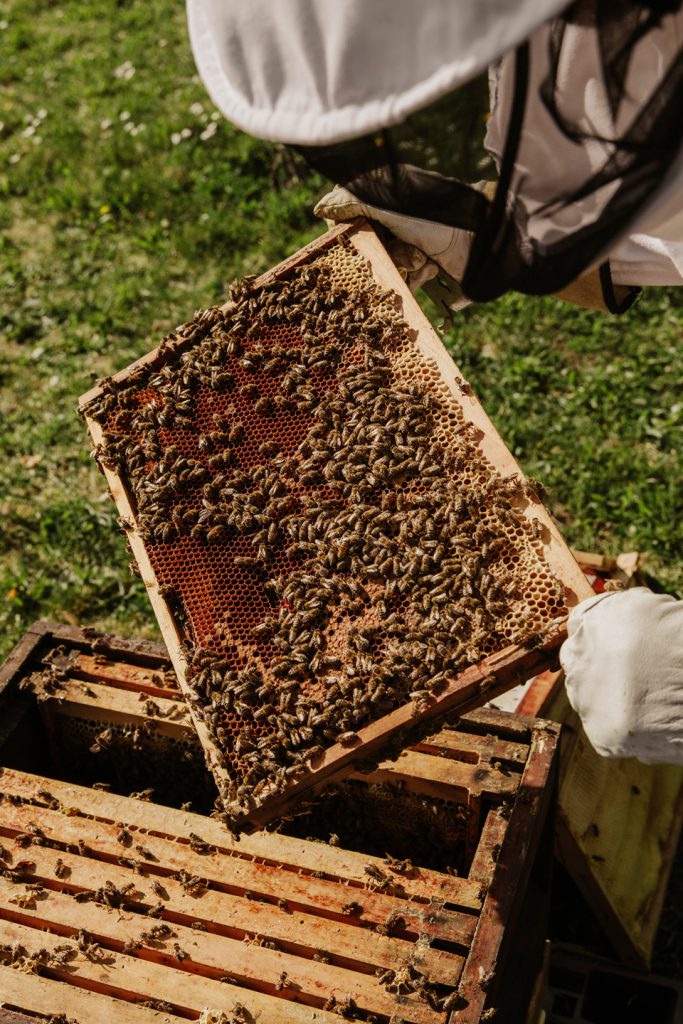 Items
Items


The increased consumption of processed foods with low nutritional value and high sugar, simple carbohydrate, and hydrogenated fat content, has resulted in a population with weight-control problems and new diseases in western industrialized countries.
In the search for an effective method of speedy weight loss, so-called ketogenic diets with very famous names have proliferated widely. The common denominator of all these diets is that they limit or prohibit the consumption of any sweet food (regardless of whether it contains white or brown sugar, honey, agave syrup or fructose) and simple or complex carbohydrates (rice, pasta, legumes, quinoa, bread), all of them understood as a form of sugar since the digestive system breaks all digestible carbohydrates into glucose (sugar) that can then be used as an energy source.

Sustainable (and healthy) diets
Despite the short-term effectiveness of such diets, we encourage you to lose weight properly and under medical supervision, taking into account important beneficial impacts on your health: it is difficult to maintain restrictive diets over time, because no one can live permanently subjected to severe limitation and deprivation of sugars and carbohydrates.
At the same time, there is a difference that is not always understood properly – between sugars that are really harmful to health (white sugar, corn syrup, glucose syrup, etc.) and sugars that, due to their composition or the way they can be metabolized by the body, may even be beneficial to our health (honey or fruit).

The real effects of sugar
Refined sugar is responsible for multiple harmful effects on the body. In fact, a diet high in sugar can cause diabetes, insulin resistance, fatty liver, tooth decay, leaky gut, and is likely linked to other diseases. Sugar has been shown to trigger a process in the body called “glycation”, which is responsible for premature aging, oxidation of the cells and tissue breakdown.
Advanced Glycation End products, or AGEs, are produced as a result of a series of chemical reactions that cause the loss of sugars (mainly glucose and fructose) in the body. When the amount of sugar consumed is low, the body can easily metabolize it into energy; however, when sugar consumption is high, the body is not able to process it properly. These “excess” sugars are present in the bloodstream and since there are no vehicles to transport them to the cells, adhere to proteins, mainly to the skin’s collagen and elastin fibres (30% of AGEs end up in the skin), causing loss of elasticity and the appearance of wrinkles, skin sagging, shallow tone, inflammation, etc.
These modified proteins end up circulating and settling on nerve fibres, arterial walls, lens, plasma, or extracellular matrix and, when they accumulate, they can also affect DNA, producing stimulants that negatively impact the genome and alter cell functions. It should be mentioned that AGEs can be produced by the body through the process described above, or they can be ingested when found in highly processed foods (fried, burned), sugary drinks, or tobacco.

Differences between refined sugar and honey
The content of specific types of carbohydrates together with the micronutrients, pollens and antioxidants contained in honey make this elixir different. This was demonstrated by a recent study published in “American Society for Nutrition” , which concluded that the antioxidant capacity of honey may actually protect against the oxidizing effect of fructose.
Another study shows that replacing refined sugar with honey can even help regulate body weight. In 2018, research was published in “Oxidative Medicine and Cellular Longevity”, which concluded that substituting refined sugar for honey in your diet can help keep blood glucose levels low and stable. Furthermore, today honey is considered beneficial for the microbiota, supporting intestinal function and various metabolic processes.
Due to the multiple beneficial effects of honey to the organism, its consumption should not represent more than 5% of our total caloric intake, to maintain appropriate body weight. Also, the consumption of processed honey, syrups and preservatives should always be ruled out.
Symbeeosis honeys are 100% natural and free of preservatives, dyes, and additives. For example, Greek Organic Thyme Honey, with a high thyme pollen count and precious ingredients such as polyphenols and phenolic acids, has demonstrated antioxidant and healing effects. We ensure our honey’s elevated biofunctionality by implementing beekeeping practices that meet the highest standards for sustainable and environmentally friendly processes. Do consider incorporating honey, ideally combined with other beneficial products, in your diet.
Choose up to two answers

